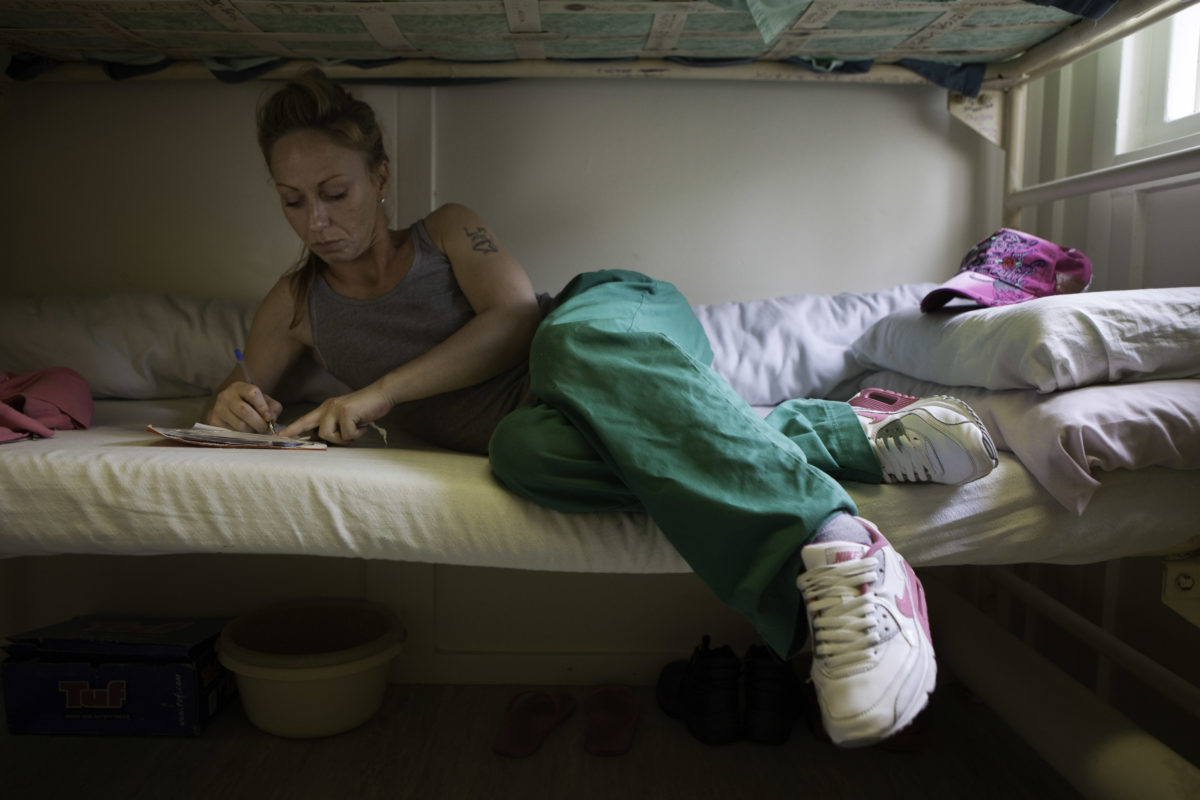Strong family relationships were a ‘must-have’ for the rehabilitation of female offenders, according to a Ministry of Justice report. Lord Michael Farmer was conducting the review which revealed that prisoners who had family visits were found to be 39% less likely to reoffend.
Lord Farmer and his team visited several prisons, women’s centres and community centres across England, Wales and Northern Ireland to inform the findings of the report. Following his review, he stressed that ‘healthy, supportive relationships’ were ‘utterly indispensable for every woman in the criminal justice system if they are to turn away from criminality and contribute positively to society’.
The report highlighted that over half of the female prison population have children under the age of 18 and only 5% of those children remain in the family home when their mother is imprisoned. By maintaining and continuing to build familial relationships whilst a women is serving her sentence, the Farmer report argued that this could help tackle the issue of intergenerational offending.
Lord Farmer noted that past trauma can prevent women prisoners from pursuing these relationships from prison. ‘Female offenders have often experienced abuse and trauma which can profoundly impact their ability to develop and sustain healthy, trusting relationships,’ he said. ‘The importance of good family and other relationships, which are rehabilitation assets, needs to be a golden thread running through the criminal justice system.’
The renewed focus on women’s rehabilitation provided by this report mirrored the work which was carried out on the male estate following another report by Lord Farmer in 2017. In that report focusing on male rehabilitation, recommendations included the roll out of in-cell phones and greater autonomy for prison governors to grant Release on Temporary Licence (ROTL) to offenders, following rigorous risk assessments.
Similarly, this review backed providing female offenders with better community-sentence alternatives which included promoting the use of new technologies in conjunction with ROTLs which together would allow family relationships to be maintained and reduce unnecessary prison sentences.
A priority is improving communication between women and their children and close relatives by rolling out video link ‘virtual visits’ and the installation of phones within cells. Last year, the Justice Secretary announced a £10 million investment to cater for this. Lord Farmer said that women prisons should be prioritised over the men’s for this technological solution.
The review also outlined that ROTLs are crucial in allowing female offenders to fulfil their caring responsibilities and help reintegration into society post-imprisonment. Lord Farmer’s report recommends that each offender should have a ‘Personal Circumstances File’ which will ensure that any information about dependants is readily available throughout an offender’s journey within the criminal justice system. Further proposals include ensuring that there is more access to information about maintaining key familial relationships through permanent on-site social workers in women’s prisons.
For the full report by Lord Farmer titled “Importance of strengthening female offenders’ family and other relationships to prevent reoffending and reduce intergenerational crime” click here.







